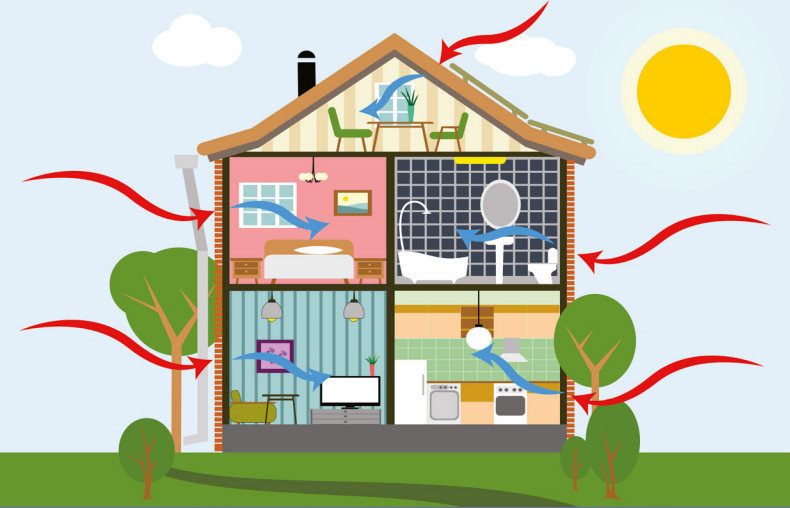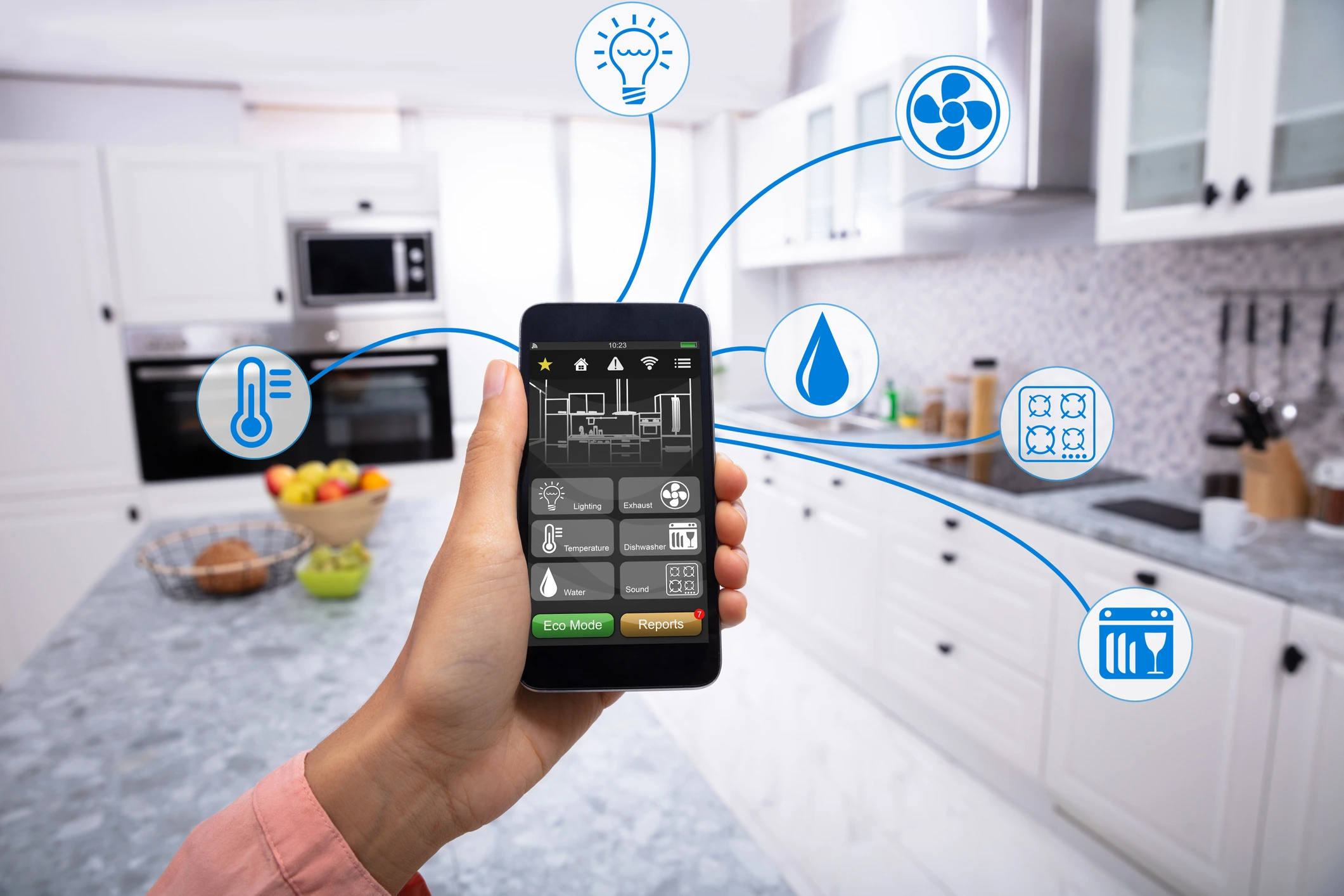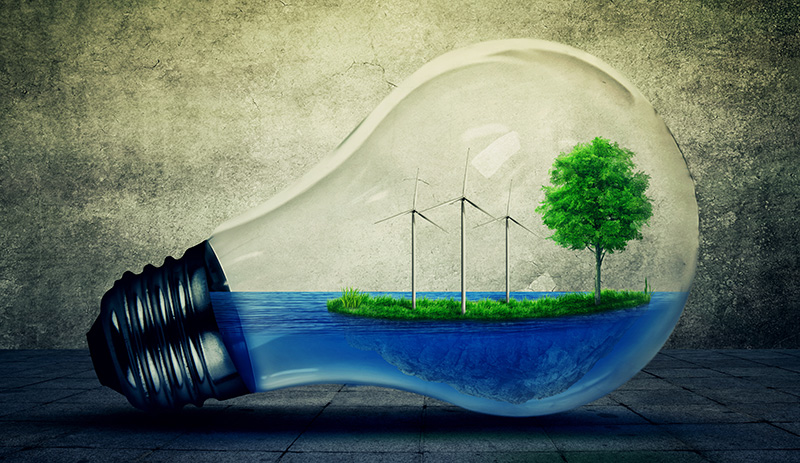As temperatures rise during the blistering Australian summer, a coinciding surge occurs in household energy consumption and utility bills. However, by employing ingenious and efficient energy-saving methods, one can potentially minimise the economic burden of costly utilities, while also reducing the environmental impact of excessive energy usage. This comprehensive guide explores a variety of tips and strategies to help you maximise energy efficiency and pare down those hefty summer energy bills. Covering vital aspects such as understanding energy consumption patterns, implementing efficient cooling strategies, smart utilisation of appliances and electronics, embracing renewable energy sources, and a guide to effective water conservation, our objective is to show you that significant cost savings can be achieved without compromising on the comfort of your summer living.
Understanding Your Home’s Energy Consumption
For an Australian home during summer, electricity usage often multiplies through the reliance on high-energy-consuming appliances like air conditioning units, refrigerators, and fans. By monitoring your electricity usage, you can effectively identify which appliances and home areas are the biggest energy guzzlers.
This awareness empowers you to take control and regulate your household’s energy consumption, leading to reduced costs on your utility bills. Remember, excessive energy consumption not only impacts your wallet but also has dire consequences for the environment in the form of harmful carbon emissions.
Make informed decisions and save money: Conducting an energy audit by a professional can be an enlightening exercise. It provides meticulous insights into your home’s energy usage patterns and reveals vital opportunities for energy conservation, ultimately helping you save money and reduce your environmental footprint.
Effective Cooling Strategies
Air conditioners offer a quick escape from summer’s scorching heat, but they can also cause your electricity bill to skyrocket. Fortunately, several energy-efficient cooling strategies can help you stay cool without breaking the bank.
Embrace Fans:
Start by using fans whenever possible. They use significantly less energy than air conditioners and create a refreshing breeze.
Invest in Insulation:
Proper insulation, like roof and wall insulation, and sealing gaps around windows and doors, drastically reduces heat transfer, keeping your home cooler naturally and minimising air conditioner use. Although the initial cost may seem high, long-term energy savings are substantial.
Go Natural:
Take advantage of natural ventilation by opening windows and doors during cooler mornings and evenings. This fresh air circulation helps maintain comfortable temperatures without relying solely on electricity.
Smart Use of Appliances and Electronics
Many people are often surprised to learn that even when switched off, their appliances and electronics continue to draw power in standby mode, leading to insidious increases in energy consumption.
Therefore, unplugging unused devices contributes directly to energy conservation. Although appliances with high-energy efficiency ratings often come with higher price tags, the resulting long-term savings on energy bills usually outweigh the initial investment. Conscientious households who engage in regular maintenance of appliances ensure optimal performance and extend their lifespan, thereby preventing energy wastage from sub-optimal operations. Lastly, smart and thoughtful scheduling of appliance usage to off-peak electricity hours helps avoid peak demand charges, providing further opportunities for saving on energy costs.
Harnessing Renewable Energy
Solar energy, an abundantly available and renewable source, is fast honing its reputation as a supremely efficient solution for household energy needs. As Australia is generously blessed with robust sunlight, the adoption of solar panels for homes presents as a viable strategy to trim down excessive electricity expenditure. Over time, the substantial reduction in energy bills recuperates the initial investment and installation costs of solar panels. In Australia’s push towards sustainable living, the government offers attractive incentives for adopting solar energy, making it even more appealing for households. The market now offers an array of solar-powered appliances and gadgets, presenting more options for homes to boost their energy-efficiency quotient.
Conserving Water to Save Energy
The relationship between water and energy usage is closely intertwined – heated water, treatment of our water supply, even conveyance of water through pipes. With this connection in mind, water conservation seamlessly transposes into significant energy savings. Implementing eco-friendly practices in gardening such as watering in the cooler parts of the day and covering swimming pools to reduce evaporation not only reduce water usage but also cut down on energy consumption. Fixtures like low-flow showerheads and taps can significantly limit water use (and, by extension, energy use) without disrupting household convenience. Adopting efficient laundry and dishwashing practices like running full loads can significantly contribute to overall energy saving.
Conclusion
Adopting energy-saving practices during the summer season has twofold benefits. They not only lead to substantial reductions in your utility bills but equally contribute to preserving our environment. Invest your efforts in understanding your home’s energy consumption, strategise cooling effectively, use appliances and electronics smartly, harness the power of solar energy, and conserve water. Implement these tips into your daily life and observe firsthand the encouraging reductions in your energy consumption patterns. We wish you a fulfilling journey in achieving your energy-saving goals that at once propel your home towards sustainable living and the preservation of our earth’s resources.




